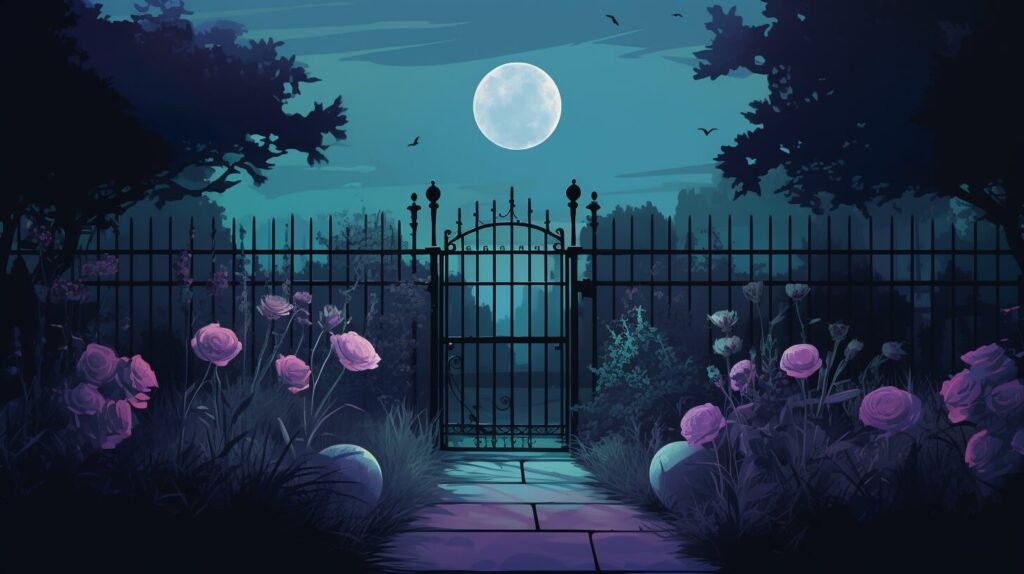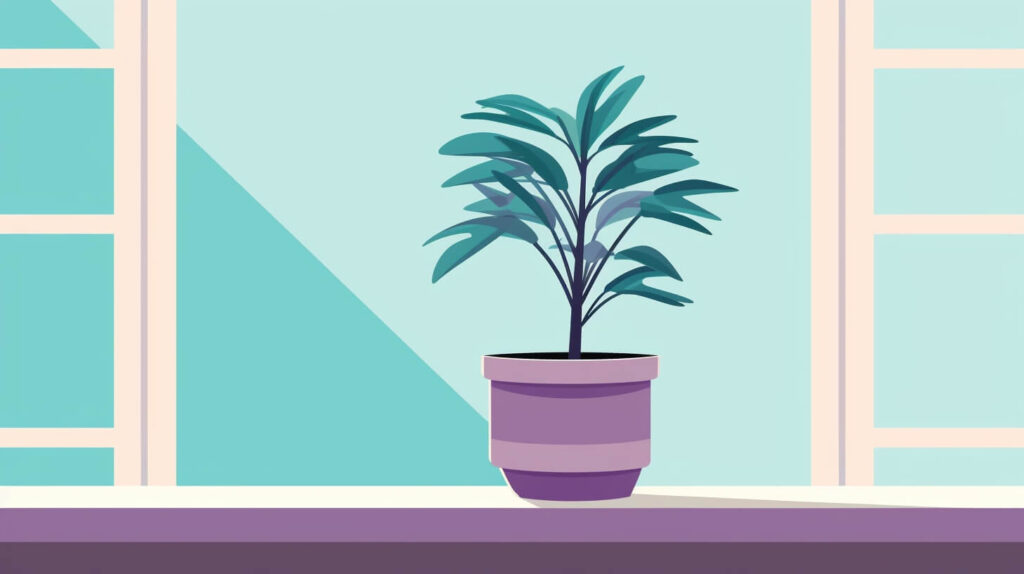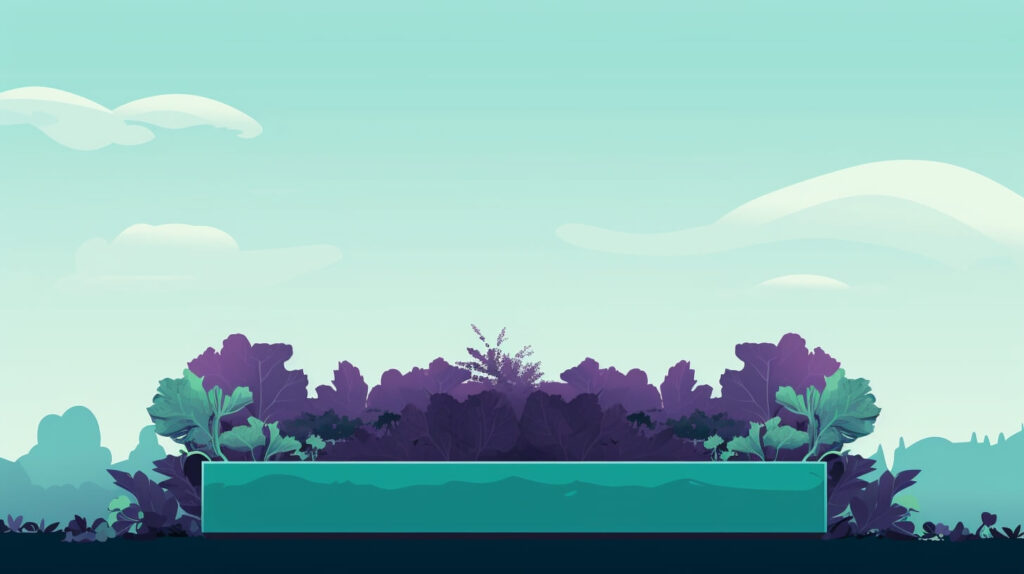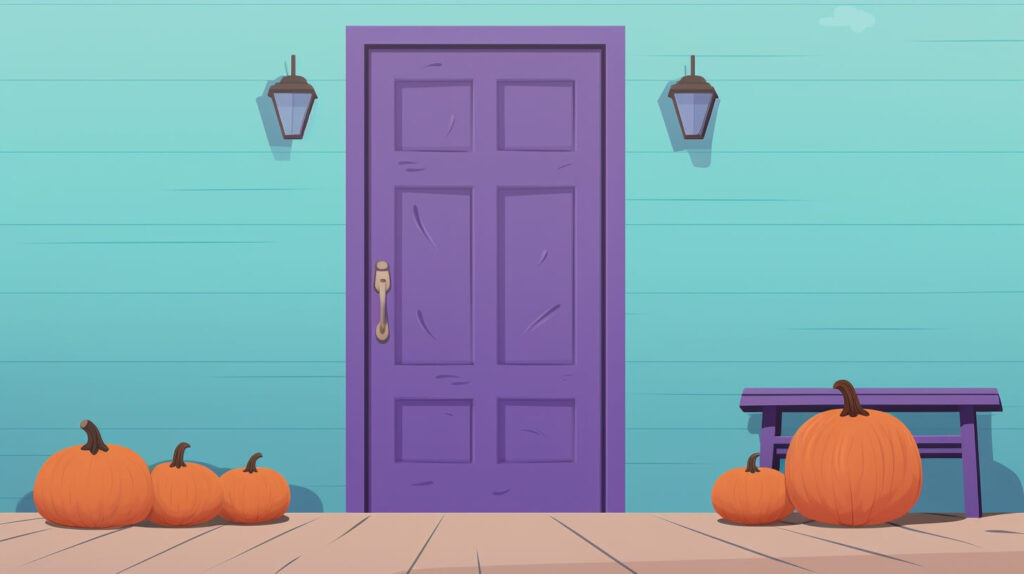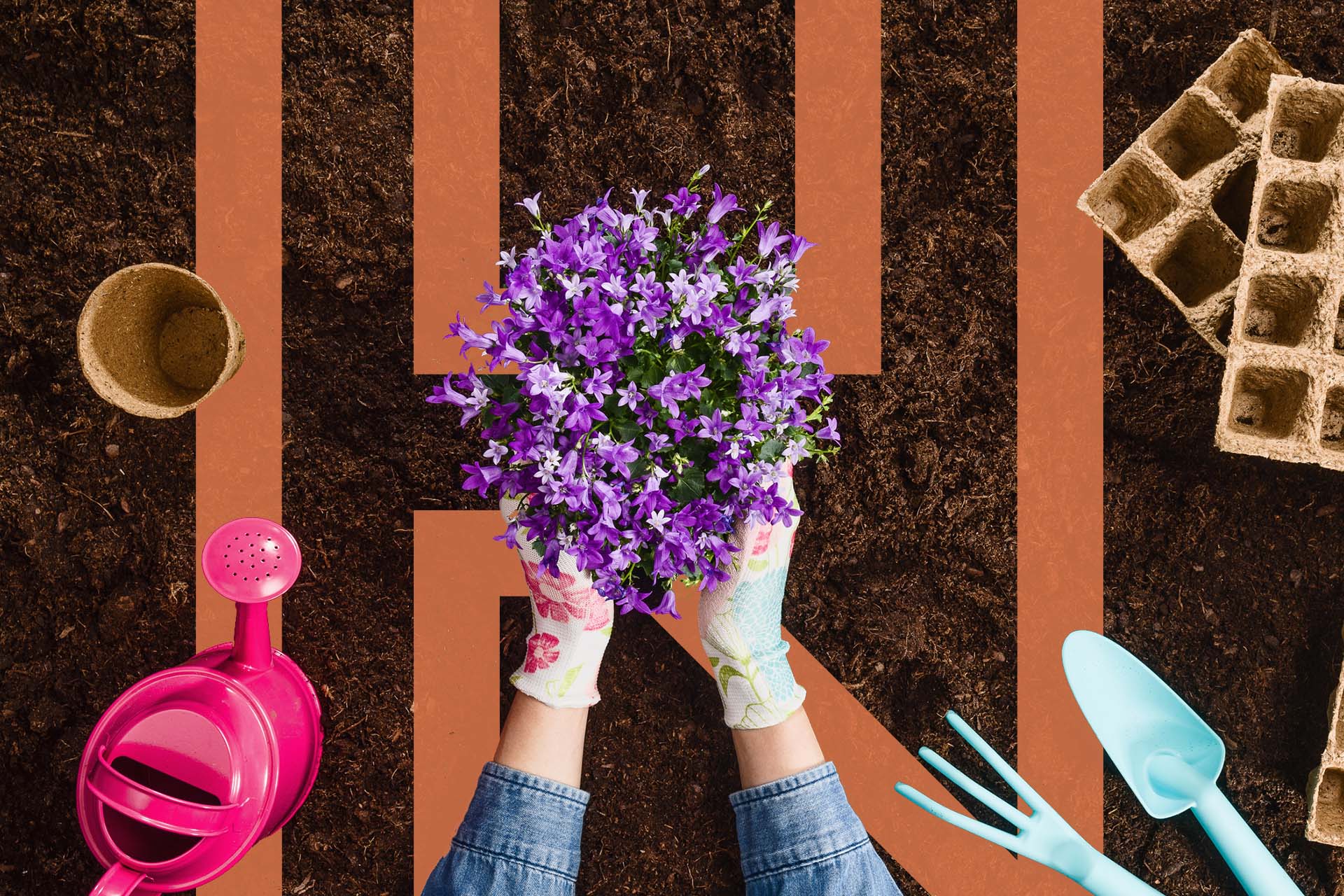
We are reader-supported. When you buy through links on our site, we may earn an affiliate commission.
Buying a new house is exciting, especially if it’s your first. However, if you’ve never dealt with a yard before, you’re probably in dire need of some landscaping tips for beginners.
Not sure where to start? We’ll help you get started with landscaping with these tips on planning, maintenance and plant selection. Once you know what steps to take, you’ll have a gorgeous yard in no time.
1. Figure Out Your Timeline
Landscaping is a massive project, no matter what you decide to do. Since plants rely on the weather and time of year to grow, you’ll need to figure out your timeline before planting.
What season are you starting in, and what plants do you want to grow? You’ll have to think about what those plants need to put down roots. If winter is right around the corner, laying out mulch or pine straw could be your only option until spring comes around.
2. Consult With a Plant Expert
You don’t need to know the ins and outs of every plant you come across to make your landscaping look perfect. Instead, research landscaping companies or gardening stores where you live so you can meet with a plant expert.
The right person who knows a lot about plants can help you pick out what will grow the best on your land. If you want shrubs that produce flowers, for example, they can point you towards the pink flowering almond, Stewartstonian azalea or mountain laurel. An expert can also advise you on the best spots to plant, based on the amount of shade and sun around your home.
3. Remove Old Landscaping
It’s likely you bought your home from a previous owner, which means that there may already be landscaping on your property that you don’t like. Perhaps there’s overgrown bushes, haphazard vines or trees with putrid-smelling fruits.
You shouldn’t feel stuck with plants you can’t stand to look at. It might add more time to your project. However, if you remove old landscaping efforts, it will give your yard a fresh start. Then, you can work on a design you want, without any permanent fixtures in the way.
4. Learn About Your Weather
One of the most important landscaping tips for beginners involves the local climate. When you start with fresh landscaping, it’s vital to look further than your local seven-day forecast. You’ll need to know what seasonal weather you can expect. Does your garden need to survive an extended winter, or does dry season threaten water-dependent plants? Plus, be aware of major events, like hurricanes or tornadoes, that may occur during the year.
Look up your city in the Farmer’s Almanac to get accurate predictions from a trusted landscaping source. It provides information like long-term temperatures predictions, frost forecasts and specific gardening calendars for the plants you grow. Take advantage of this free resource to coordinate what will grow best in your yard and how to care for your plants.
5. Make Your Landscaping Art
If you catch yourself wondering why your landscaping plans aren’t looking as pretty as your neighbors’, it may be because you aren’t thinking of your landscaping as a work of art.
An easy way to enhance your landscaping is to create a focal point, which could be a variety of things. You may have a water feature in your yard, a swing set for your kids or even a statue. Whatever you decided on, build your landscaping around it for an easy way to create a living piece of art.
6. Consider the Yardwork
One of the most important things you should keep in mind while planning out a landscaping project is the yard work involved. You need to maintain what you plant. A row of fruit trees and fast-growing bushes may look great, but will you have the time to trim, spray and pull weeds?
Research online about easy plants to take care of, or talk with a local plant expert. Some great options for beginners include perennials like daylily, Siberian iris, Russian Sage and black-eyed Susan.
Tackle These Landscaping Tips for Beginners
Do you want your landscaping to look picture perfect? Then follow the tips above. If you learn about the weather, talk to an expert and pick the right plants, you’ll be an expert before you know it.


